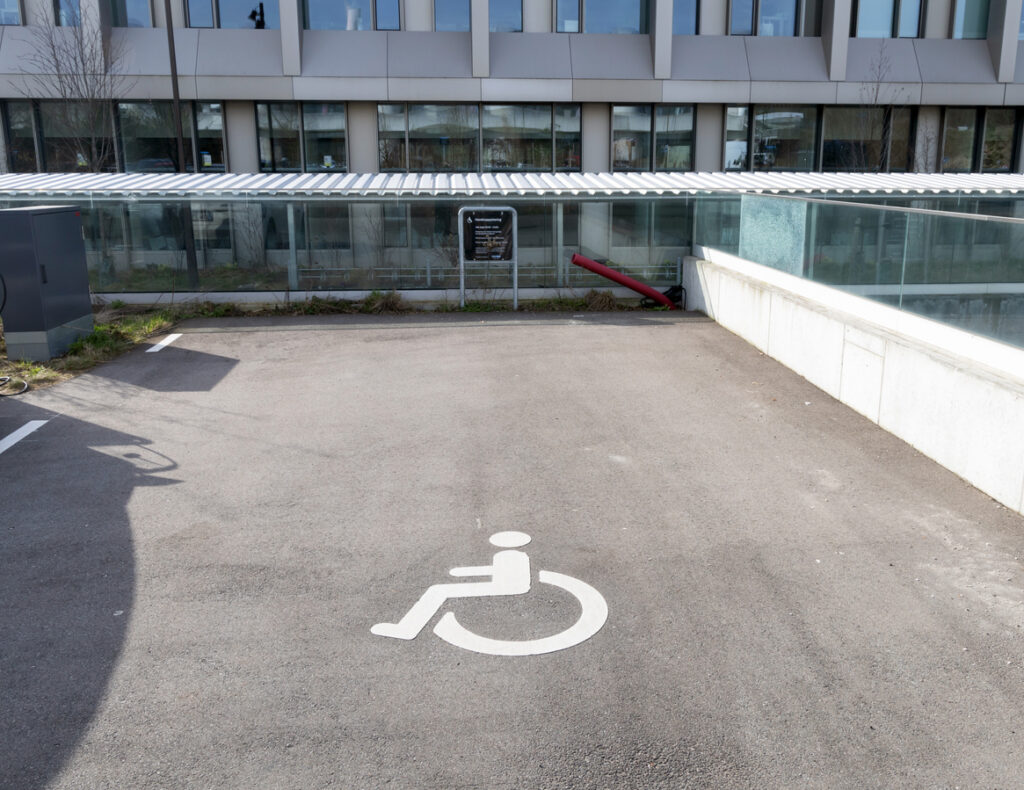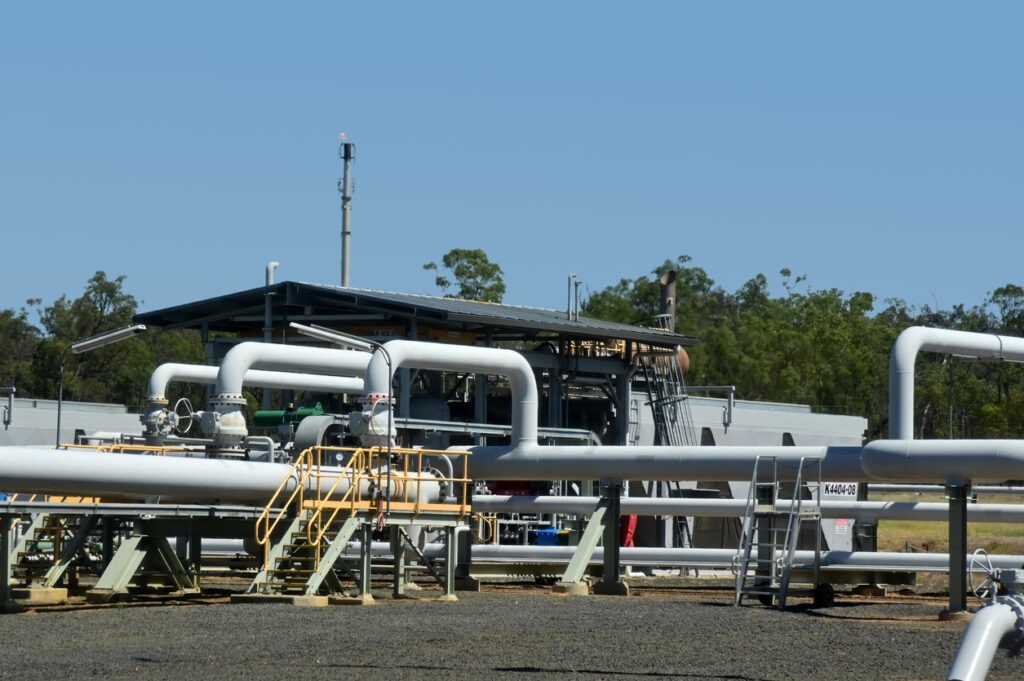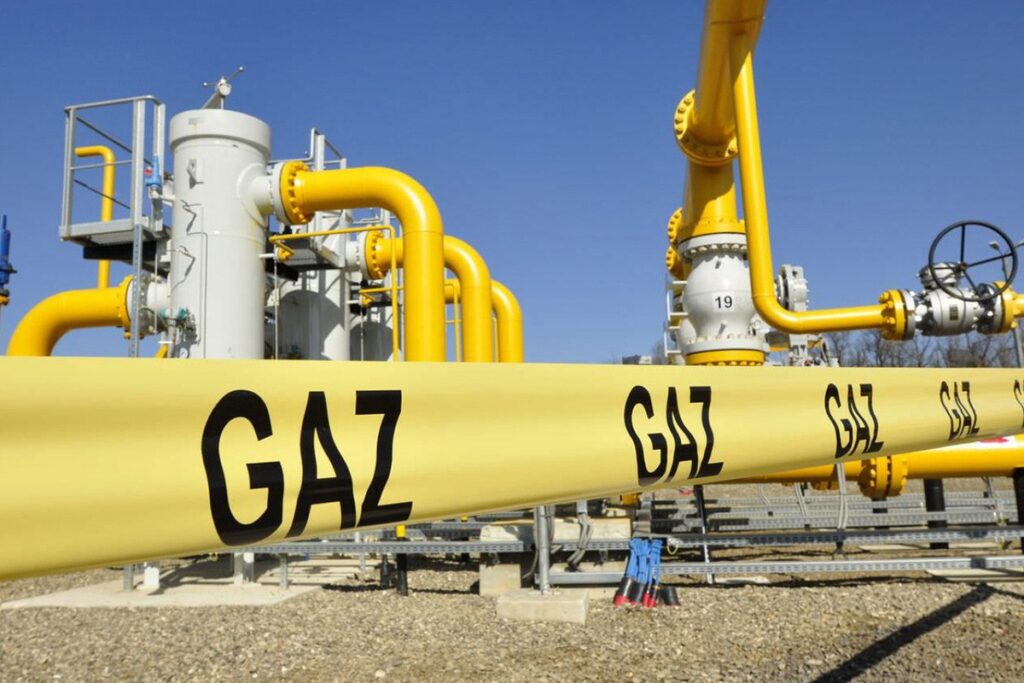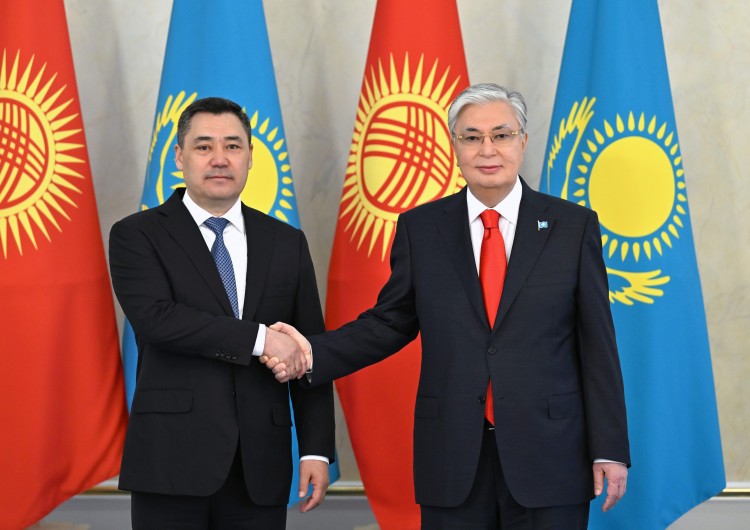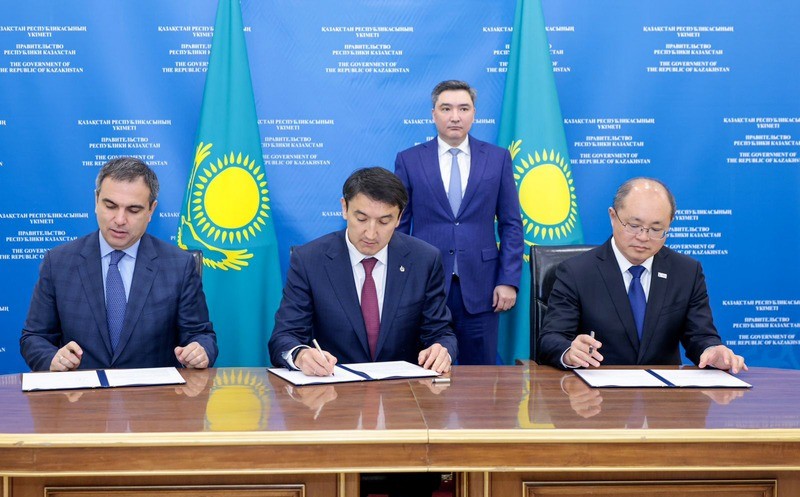On April 19 Astana hosted the sixth meeting of the Supreme Interstate Council of Kazakhstan and Kyrgyzstan. Chaired by Kazakh President Kassym-Jomart Tokayev and Kyrgyz President Sadyr Japarov, discussions focused on the development of bilateral cooperation in economy, trade, investment, and agriculture, in addition to joint projects regarding transport, water use and energy resources. The two leaders then signed an Agreement on Deepening and Expanding Allied Relations, aimed at providing a new impetus to the development of Kazakh-Kyrgyz relations. During the conference, Kyrgyz President Japarov stated, “Kazakhstan is our close neighbour, a fraternal country and one of our main trading partners. Kazakhstan is a priority in our foreign policy. There are no political or regional differences between our countries.” In support, President Tokayev expressed his wish for there to be no unresolved issues between the two neighbouring countries and drew particular attention to the need to strengthen trade and economic ties. Kazakhstan is currently one of Kyrgyzstan’s key partners in trade and investment. Last year, mutual trade turnover reached $1.5 billion and during their talks, the leaders confirmed their intention to increase that figure to $2 billion. The parties also signed an Agreement on Mutual Protection of Investments. Referencing measures to expand the volume of goods transported across the Kazakh-Kyrgyz border and improvements in customs clearance, Tokayev stated, “We have started modernizing the border checkpoints at Karasu, Besagash, Aukhatty, Sartob, Aisha Bibi, Sypatay Batyr, and Kegen. Each will be equipped with digital technologies, with work expected to be completed by 2028.” President Japarov, in turn, announced that an agreement had been reached to resume the operation of the Kichi-Kapka and Kamyshanovka checkpoints to help increase bilateral trade and relieve congestion. Turning to the importance of interaction in the water and energy sector, the Kazakh president said, “In recent years, the urgency of efficient and equitable use of transboundary water resources has increased. We shall continue our coordinated work and have agreed to soon give approval to a schedule for interstate water management structures and implement it in a timely manner. Kazakhstan is ready to fulfil all obligations and jointly implement important projects.”
